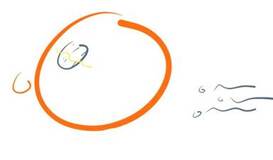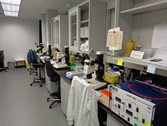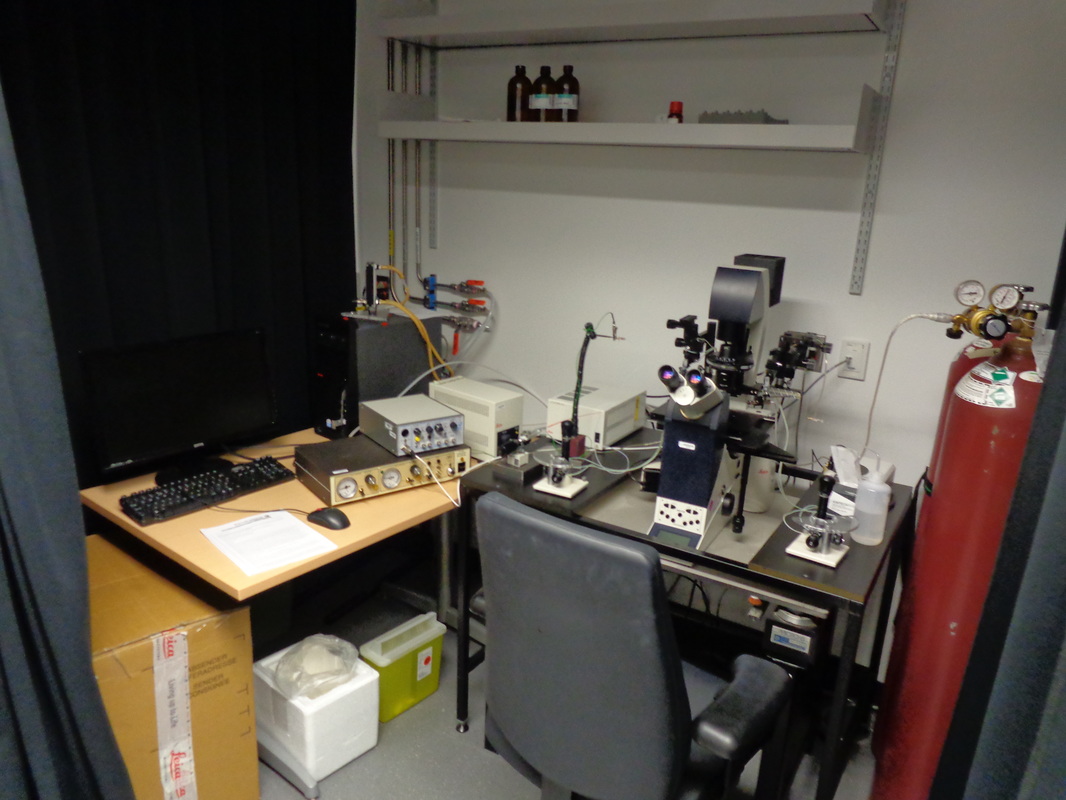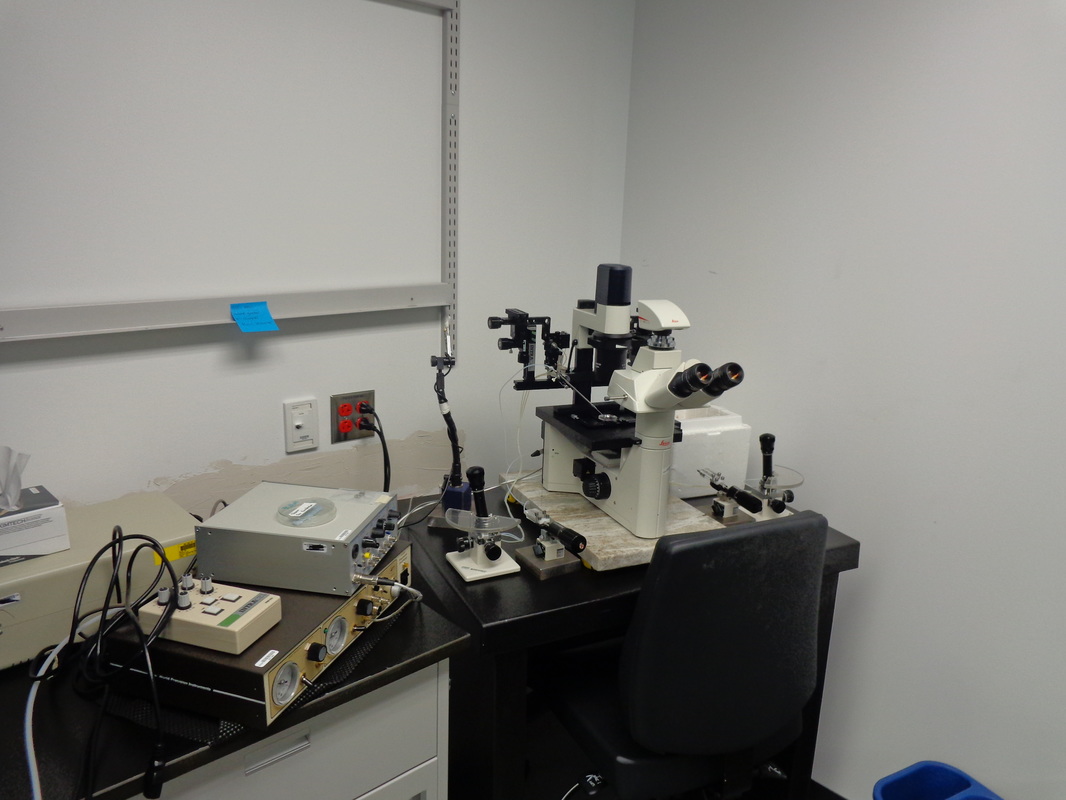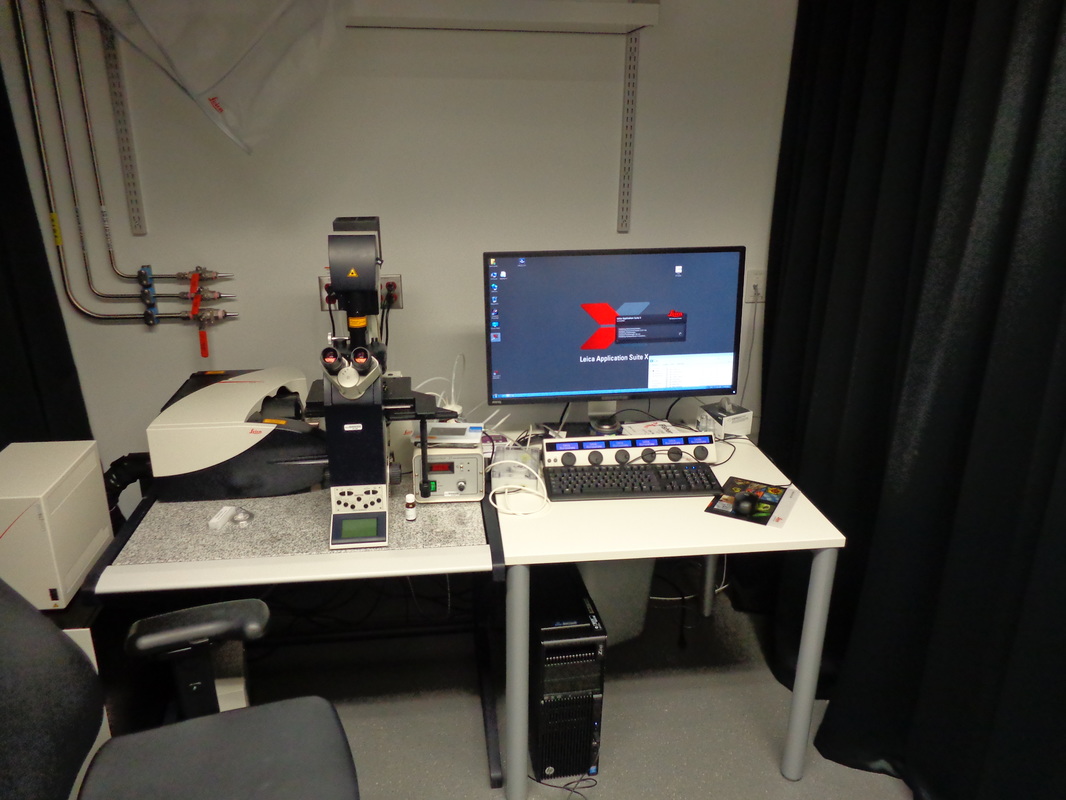THE OVERVIEW
A leading cause of infertility is a defect in the woman’s egg (oocyte) that causes it to have the wrong number of chromosomes. These so-called ‘aneuploid’ oocytes cause developmental conditions such as Down’s, and can lead to pregnancy loss. These errors become increasingly common with advancing maternal age, and are therefore a major reason why older women experience difficulties establishing a healthy pregnancy.
The part of the cell responsible for maintaining the correct chromosome number is the spindle - a complex biological machine that gathers and sorts chromosomes at the time of cell division, and dispatches them to the two daughter cells in a process termed chromosome segregation. Why chromosome segregation often goes wrong in oocytes is poorly understood. Once the oocyte is fertilised the first several cell divisions in the newly forming embryo are also highly prone to chromosome miss-segregation. These embryonic errors are also associated with decreased fertility, but their causes and consequences remain obscure.
Research in our laboratory is aimed at understanding how healthy eggs and embryos are made, and we are particularly focussing on how and why defects in chromosome segregation can cause infertility. We specialise in the use of cutting edge microscopy techniques to analyse egg and embryo function ex-vivo. We have important collaborators in Montreal and elsewhere, including close collaborations with Hugh Clarke of the CRRD, and the MUHC assisted reproduction facility.
Ongoing projects in the lab include:
● Analysis of spindle microtubule dynamics in oocytes.
● Evaluation of the changes in spindle function that occur with maternal age, and how this causes chromosome segregation error.
● Analysis of the mechanism of chromosome segregation in embryos, and the causes of segregation errors.
● Analysis of the mechanism of cytokinesis in oocytes and embryos.
●Analysis of kinetochore structure and function during early development.
The lab is currently financed by funding from CIHR, NSERC, and Fondation J-L Lévesque.
THE IMAGES
THE IMAGES
